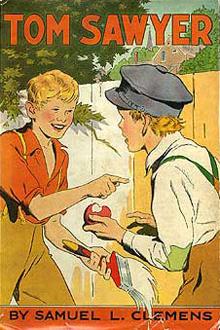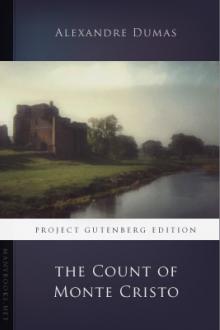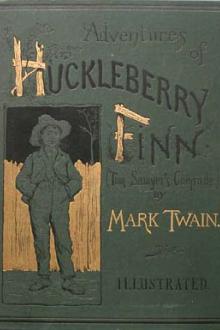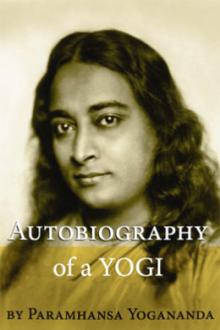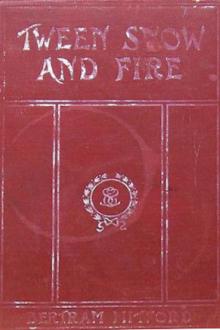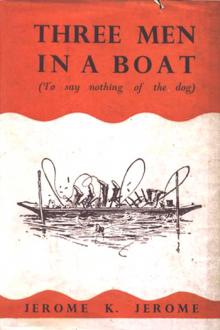The Escaping Club
The Escaping Club
Book Excerpt
We were then put to bed in the quarantine and treated with some beastly anti-lice powder--most disagreeable! The food was insufficient in quarantine. We had no opportunity of taking exercise, and were all much bored and longed to be sent into the main camp, which we were told was the best in Germany. This was not far off the truth, as subsequent experience proved the administration and internal arrangements of this camp to be admirable.
Originally English, Russian, and French prisoners had lived all mixed up together, but now the nationalities were mainly in separate buildings, and always in separate rooms. In the English building there was a common room in which there was a daily English paper and two monthly magazines, all typewritten in the camp. From an artistic point of view the magazines were excellent, rather after the style of Printer's Pie, and the daily paper consisted of leading articles, correspondence, and translations out of German papers.
The canteen was very well run by
Editor's choice
(view all)Popular books in Biography, War, Travel, Adventure, History
Readers reviews
4.0
LoginSign up
The Escaping Club is a book of two halves - the first, and most enjoyable part, being set in Germany during WW1, the second, somewhat disjointed part, set in Asia Minor just before the Armistice. The Kindle version that I read unfortunately lacked a few diagrams which would've made the German part easier to follow, Evans' story-telling made this section quite a page-turner and I enjoyed the whole Ingolstadt saga, appreciating that the quite frequent phrases of French, German and Latin were left unaltered. This is not, as one might imagine, a glorious one-sided John Bull story where British is best and that's that. Evans gives a mostly even-handed commentary on all the people of the various nationalities he met along the way, despite his own unenviable predicaments, often sympathising with their respective circumstances. This is less true of the Turks where ill treatment as a prisoner by most of them has understandably left Evans somewhat bitter towards them as a whole. The general vocabulary and sentiment may seem slightly dated to modern readers, but making allowances for that, this is essentially an enlightening book from a POW's viewpoint in WW1.
- Upvote (0)
- Downvote (0)
Popular questions
(view all)Books added this week
(view all)
No books found
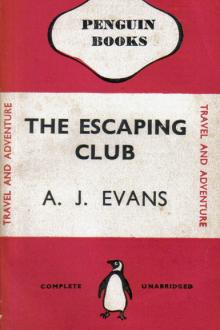
 Free Download
Free Download













